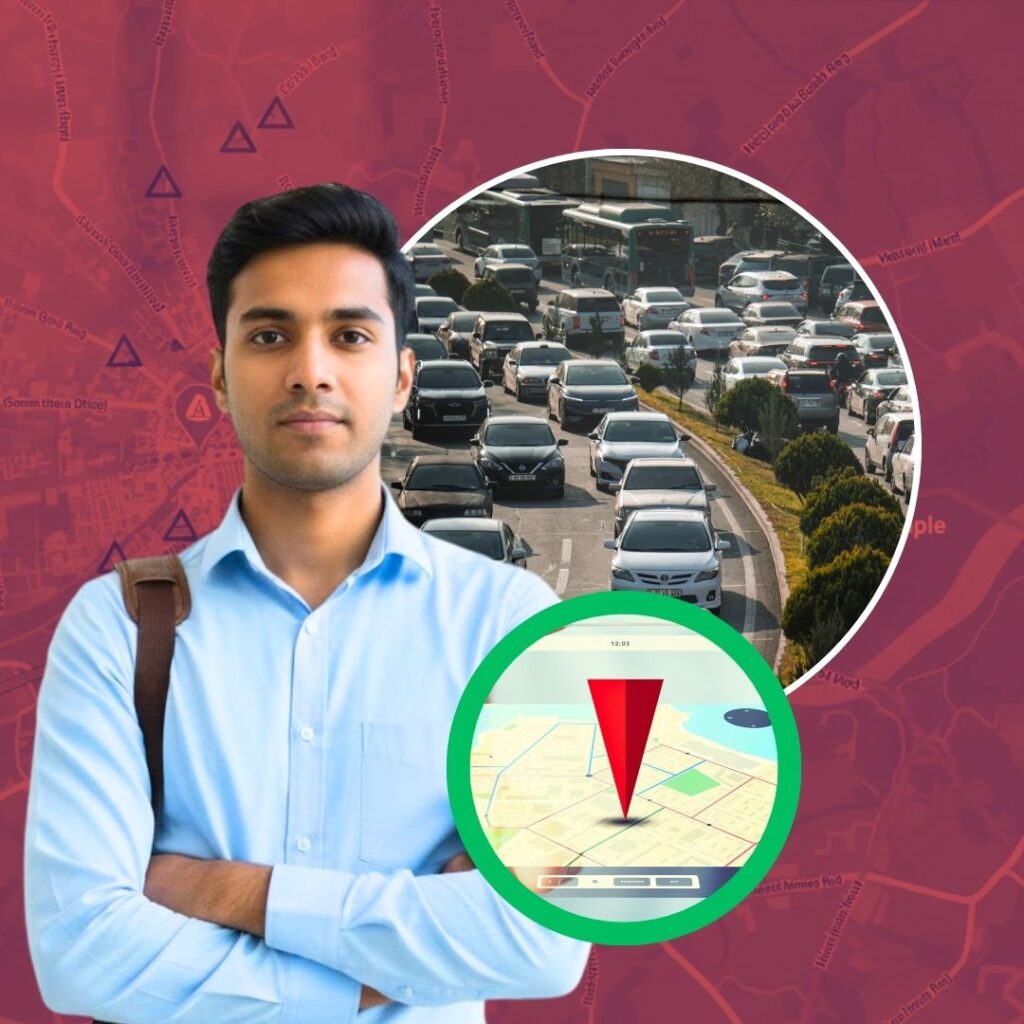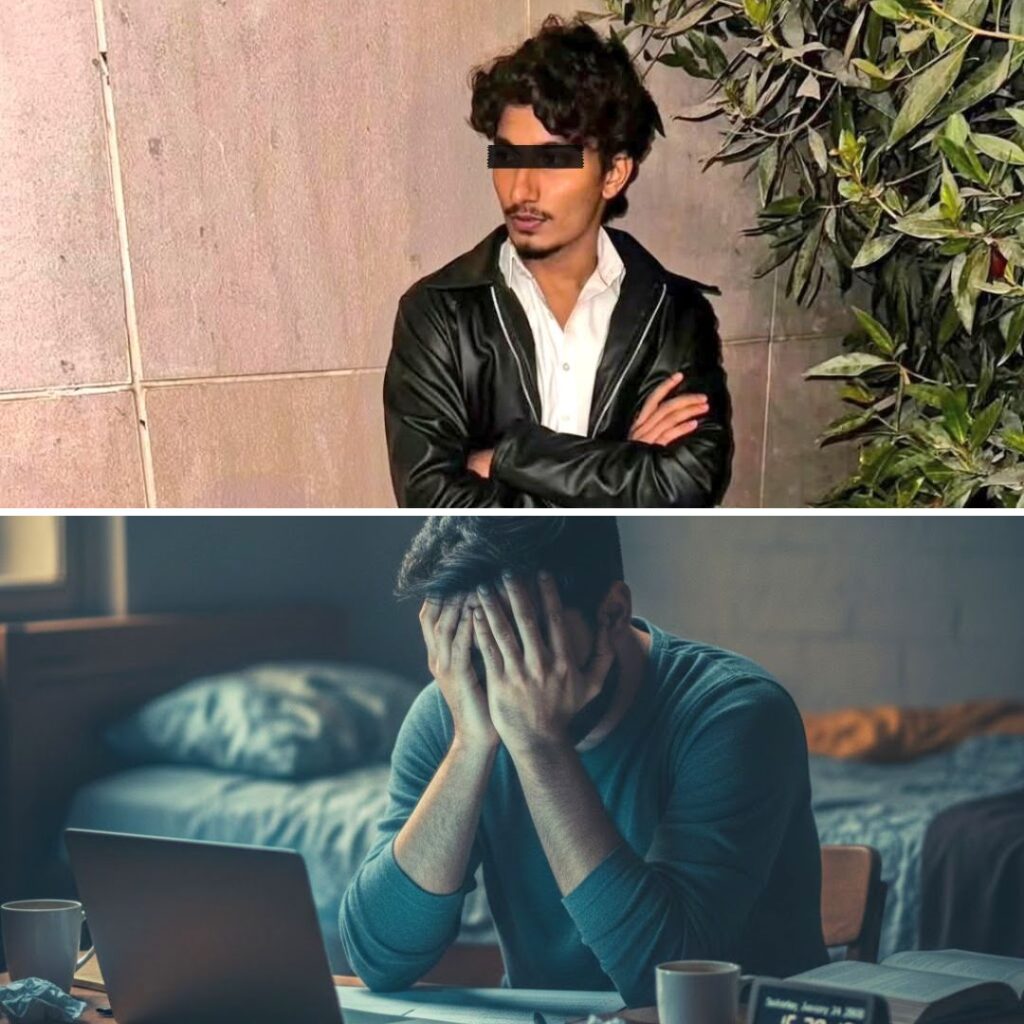Bangladesh is grappling with a disturbing surge in violence against women, with 24 reported rape cases between June 20 and 29, 2025. Senior government adviser Sharmeen S. Murshid has termed this escalation a “pandemic-level crisis,” pointing to systemic social decay and urging immediate reforms.
The government has responded by announcing the creation of quick response teams at the sub-district (Upazila) level to ensure rapid intervention. However, chronic staff shortages and widespread public outrage continue to challenge these efforts, as horrific cases—including assaults on minority women and gang rapes—have ignited nationwide protests demanding justice and accountability.
Pandemic-Level Crisis: Alarming Rise and Public Outcry
The recent spike in sexual violence has shocked the nation and drawn intense media and civil society scrutiny. Between June 20 and 29 alone, 24 rape cases were officially reported, marking an unprecedented rise in such heinous crimes. Among the most harrowing incidents was the gang rape of a woman in Bhola district, where her husband was forcibly held captive and tortured by the perpetrators, who were reportedly associates of his third wife.
Another brutal case involved the assault of a Hindu minority woman in Cumilla, where the attackers filmed the crime and circulated the footage online, further traumatizing the victim and her community. Authorities have arrested several suspects, some allegedly linked to political groups, but activists argue that these arrests barely scratch the surface of a deeply entrenched culture of impunity.
Sharmeen S. Murshid, addressing the media, lamented, “Governments have come and gone, but none have been able to tackle the issue effectively.” She emphasised that the newly formed quick response teams will act within 24 hours of receiving reports, aiming to prevent delays that have historically allowed perpetrators to evade justice.
Systemic Failures and Deep-Rooted Causes
The surge in violence is not an isolated phenomenon but part of a broader, chronic crisis in Bangladesh. Data from the Ministry of Women and Children Affairs reveals that from January 2020 to September 2024, a woman was raped every nine hours on average, with children comprising nearly 60% of recent victims. Over the past year alone, the ministry’s toll-free hotline received more than 281,000 complaints related to violence against women and children, underscoring the scale of the problem.
However, a severe shortage of trained staff and resources has hampered timely and effective responses. Experts point to multiple interlinked causes fueling this crisis: political interference that shields perpetrators, widespread drug abuse, the unregulated spread of mobile phones and internet pornography distorting young minds, and deeply ingrained patriarchal attitudes that normalise violence against women.
A recent national survey revealed that 70% of Bangladeshi women have experienced intimate partner violence at some point in their lives, and 41% suffered such violence in the past year alone. These figures highlight that the problem extends far beyond the headline-grabbing rape cases, reflecting systemic gender inequality and social neglect.
The Logical Indian’s Perspective
The Logical Indian stands firmly with the victims and the people of Bangladesh in their demand for justice, dignity, and safety. We believe that addressing this “pandemic-level crisis” requires more than reactive policing—it demands a comprehensive transformation of social attitudes, legal frameworks, and governance mechanisms. Empathy, accountability, and sustained community engagement must be at the heart of any solution.
Governments must prioritise strengthening support systems for survivors, ensuring swift and impartial justice, and investing in education and awareness programmes that challenge harmful norms.
As Bangladesh confronts this urgent crisis, it is imperative that citizens, policymakers, civil society, and international partners collaborate to create a society where women and children can live free from fear and violence. How do you think communities and authorities can come together to foster lasting change and protect vulnerable populations?










